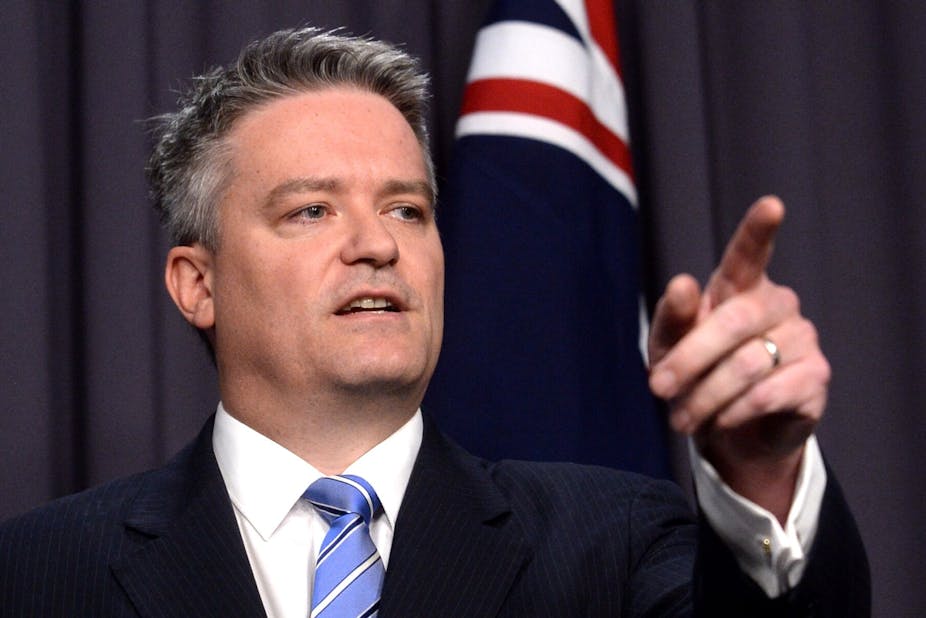Motorists will pay more for petrol from November despite the Senate numbers not being there to pass the budget’s fuel tax hike.
The government has found a way around the recalcitrant Senate – it is imposing its fuel excise indexation measure by way of putting on a tariff.
That will have to be validated by the parliament within a year or the revenue returned to the fuel companies. But the Senate will be under immense pressure to do so, because refunded money would go to companies, not to motorists who had paid higher prices. There would be no legal obligation for the money to be returned to consumers.
The Labor government set the precedent when it faced opposition to its alcopops tax hike. Later the increase was validated by legislation.
The budget fuel indexation measure was to raise A$167.5 million in its first year, but $35 million will be lost by delaying the introduction from August 1 to November 10.
The biennial indexation of the excise to the CPI is estimated to generate $2.2 billion in net additional revenue over the forward estimates, and about $19 billion over the next decade through to 2024-25.
From November 10, the rate of fuel duty will increase from 38.143 cents a litre to 38.6 cents, the rate that would have applied if legislation had been passed in time for the increase to start on August 1. Indexation will then be twice a year from February 1.
Finance Minister Mathias Cormann said that for a typical household, consuming 50 litres a week, the impact would be about 40 cents a week by the end of 2014-15.
Cormann said the government was confident its move would be validated within 12 months. “However the question for Bill Shorten and the question for Christine Milne is whether in 12 months time they want the additional revenue collected through this measure to be refunded to fuel manufacturers or importers, or whether they want to see this additional revenue invested in job creating productivity-enhancing road infrastructure.”
The Greens, who support the principle of fuel excise indexation, would not support the budget move because the money was hypothecated for roads.
To make sure individuals and businesses eligible for Fuel Tax Credits and the recipients of Cleaner Fuels Grants are not worse off, the government will bring in relevant amendments this week.

